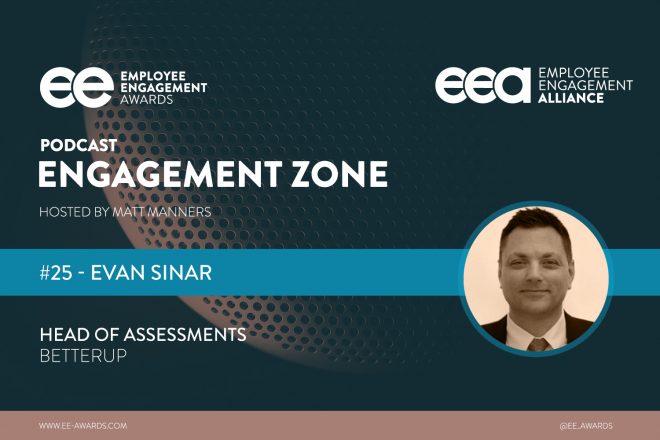
25th July 2024
Is a “Covering Culture” Undermining Your Organization’s Wellness Initiatives?

Organizational well-being efforts often fail due to a “covering culture,” where employees feel pressured to downplay aspects of their identities to fit in. This undermines well-being programs and leads to emotional fatigue, high turnover, reduced productivity, and limited diversity in leadership. Addressing these issues through DEI-informed strategies and fostering authenticity can enhance overall workplace well-being and effectiveness.
This article was written by Jen Fisher, Sameen Affaf, Amy Fields and Corrie Commisso and published by Deloitte Insights.
In an era in which the lines between work and life have substantially blurred, work can naturally have a significant impact on a person’s health and well-being. So it makes sense that leaders and organizations are increasingly investing in well-being benefits and programs. But so far, organizational well-being efforts have apparently failed to meet employee needs. A recent Deloitte US survey revealed that most C-suite respondents (88%) report their company will be more focused on well-being benefits over the next two years. Yet, despite organizations’ existing and growing investments in these initiatives, most employee respondents say their well-being either worsened or stayed the same in 2023.
Deloitte’s Well-being at Work survey indicates that organizations’ well-being initiatives could be more effective if they address the underlying organizational culture issues that may be undermining well-being—looking beyond mental health and wellness, work/life integration, and other factors commonly considered today, to also embrace diversity, equity, and inclusion (DEI) efforts as part of a well-being imperative. By acknowledging the ways in which identity and well-being intersect, a DEI-informed well-being strategy can activate efforts in ways that adequately address the disparate needs of workers to advance equitable outcomes, and support workforce well-being as a whole.
According to the Uncovering culture report from Deloitte’s DEI Institute in collaboration with the Meltzer Center for Diversity, Inclusion, and Belonging at NYU School of Law, there’s likely a connection between worker well-being and how strongly workers feel the need to “cover,” or downplay certain identities (such as race, gender, and sexual orientation, to name a few) to blend into the mainstream. Only 50% of workers report their team leaders create the psychological safety necessary for them to uncover. If some workers don’t feel they have the requisite environment to be their true selves in the workplace, ensuring the success of organizations’ well-being initiatives likely has more to do with creating an inclusive culture where demands to cover are disrupted. Given leaders’ intentions to invest more in well-being benefits, identifying and addressing an underlying covering culture may give those investments a better chance of adding real value.
Read the full article here: Is a ‘covering culture’ undermining your organization’s well-being efforts?
The Inspiring Workplaces Awards are open!
3 ways to be Recognised: Organisations, Individuals and Vendors.






